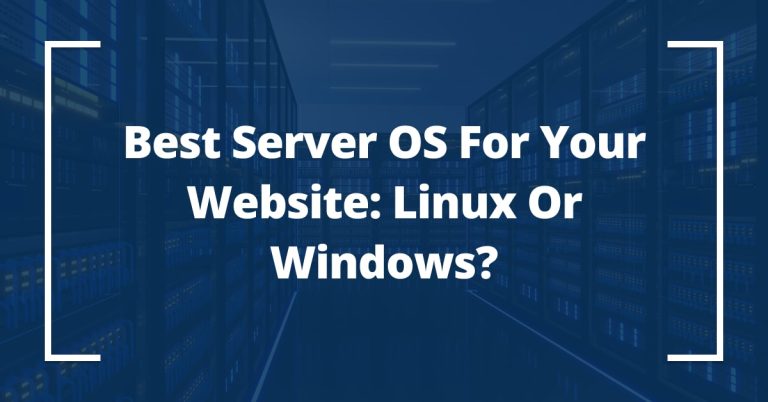Securing Your Virtual Private Server: How to Protect Your Data
If you’re considering getting a new virtual server and are worried about VPS security, you’re not alone. With so many VPS hosting options available, it can be daunting to choose the right one for your business needs. But taking the time to select the right hosting model can provide significant benefits for your data security and business operations.
When ordering a server for VPS Hosting, you generally have two options to choose from: managed or unmanaged servers. Managed VPS servers are maintained and secured by your hosting provider, while unmanaged VPS servers require you to set up, manage, and secure them yourself.
One important aspect of VPS security is DDoS protection. VPS technology involves partitioning a physical server and its resources into several virtual instances. This creates independent environments for each VPS, minimizing security risks as the hypervisor is not usually exposed to public access. This makes VPS systems more secure than shared hosting, as each instance operates similarly to a dedicated server with isolated files, software, and operating systems.
In addition to DDoS protection, VPS security also requires other measures such as firewalls and regular updates and patching. Firewalls are essential to prevent malicious traffic from reaching your server, while updates and patching ensure that known exploits are fixed to prevent hacker attacks.
The choice between managed and unmanaged servers is often influenced by the level of security support available. Managed VPS servers come with 24/7 support from hosting experts who can quickly address new threats or difficult situations. Unmanaged servers, on the other hand, require you to handle backup and network security on your own, which may necessitate specialized staff or software.
Managed hosting providers like Liquid Web offer regular patches and OS updates to keep your server secure. They also provide server-level backups stored off-server in the cloud, allowing for quick restoration in case of unexpected events or attacks. Additional security features, such as Server Secure Plus and Malicious Activity Detector, help fend off antivirus and hacking attacks.
DDoS protection is included with managed servers, preventing attacks by detecting abnormal traffic patterns and blocking them before they reach the server. Managed servers also come with automatic hardware upgrades at the data center to keep your server safe.
Overall, unless you have a dedicated technical support team that understands VPS hosting, it makes sense to go with managed hosting. Managed VPS hosting ensures that support is available 24/7 to prevent attacks and maintain your system’s security.
Properly securing your server involves implementing protocols such as creating strong passwords, using secure file transfer protocols (sFTP), installing SSL certificates, disabling root login, and closing unnecessary network ports.
With Liquid Web’s Managed VPS Hosting, you’ll have access to expert technicians 24/7/365 to address any VPS security issues or questions you may have. Contact a Helpful Human at Liquid Web today to put their hosting knowledge and expertise to work for you.





